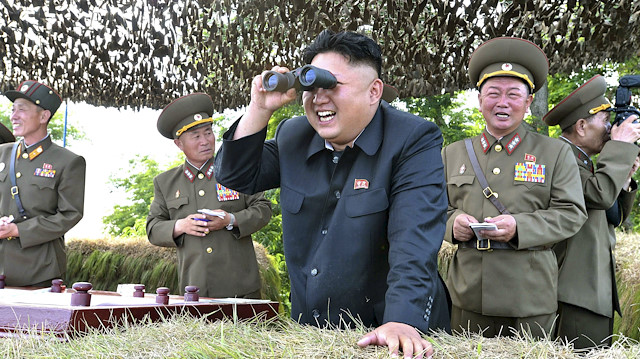
CLOSELY MONITORING SITUATION
A spokeswoman for the Blue House said President Moon Jae-in's national security adviser, Chung Eui-yong, was closely monitoring the situation through a video conference with the military.
Reuters could not immediately reach U.S. officials to seek comment.
Japan's defence ministry said it had not detected any ballistic missile in its territorial waters or exclusive economic zone and saw no direct impact on security. North Korea has test-fired rockets over Japanese territory in the past.
Kusong is about 40 km (25 miles) north of the site of a medium-range Rodong missile base on North Korea's west coast, said the Center for Strategic International Studies, a Washington-based think tank.
On Saturday, North Korea also launched at least one short-range ballistic missile, which analysts said could travel up to 500 km (311 miles).
The launch, from an east coast area, was the North's first test of a ballistic missile since launching an intercontinental ballistic missile in November 2017.
This week, North Korea lashed out at the United States and South Korea, saying Saturday's tests were "regular and self-defensive" and rejecting the notion that they were provocative.
South Korea had responded to those tests by calling for an end to acts that escalate military tension.
At the end of 2017, North Korean leader Kim declared the country's nuclear force was complete and extended an olive branch to the South and the United States, holding two summits with U.S. President Donald Trump and three with the South Korean leader.
But Kim's second summit with Trump, in Vietnam in February, broke down with the United States insisting the North give up its nuclear programme, which it had pursued for years in defiance of U.N. Security Council resolutions, and the North seeking sanctions relief.
Hello, the comments you share on our site are a valuable resource for other users. Please respect other users and different opinions. Do not use rude, offensive, derogatory, or discriminatory language.
The floor is all yours.








